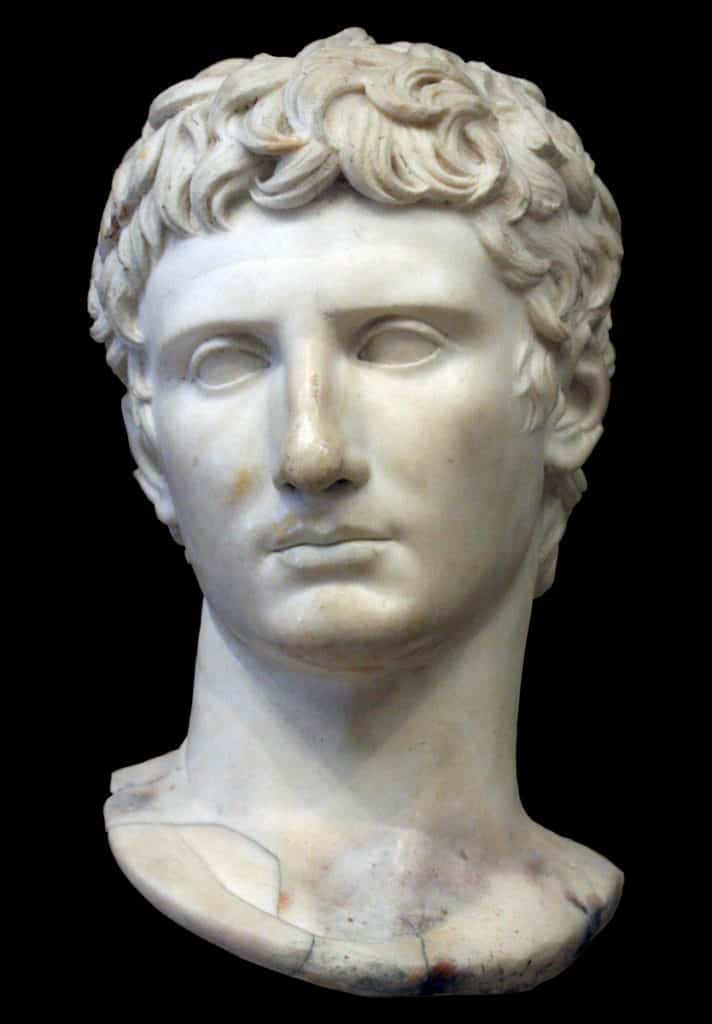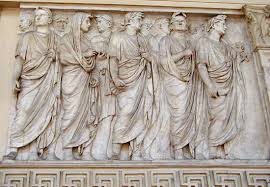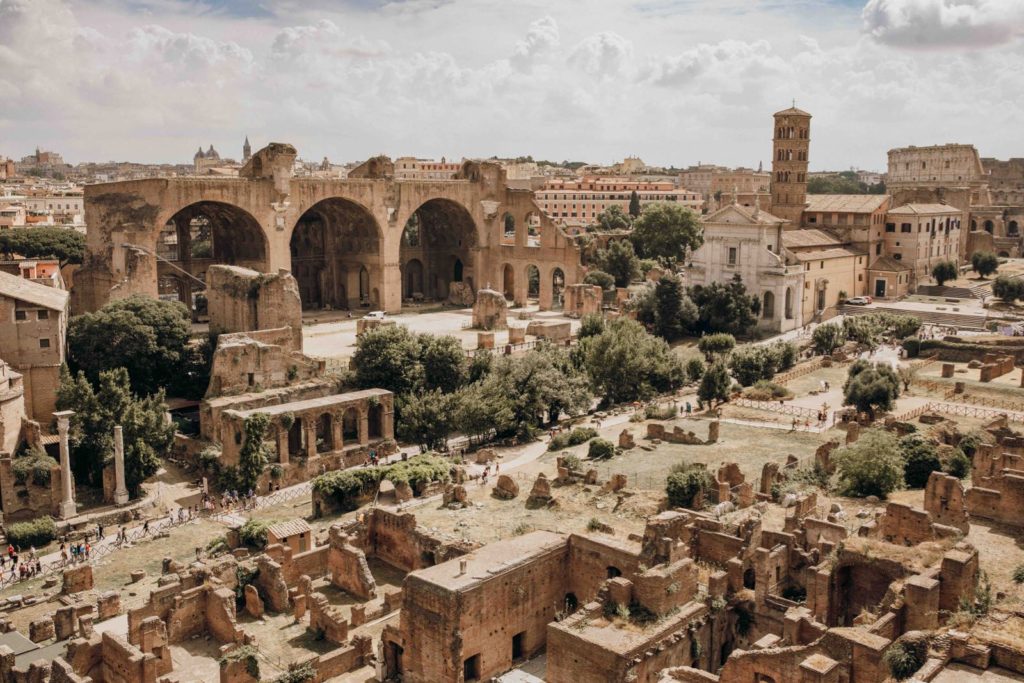Throughout his reign as the first emperor of Rome, Augustus achieved multiple accomplishments that were extremely significant in the shaping of the Roman empire. Not only did he transform the Roman empire from a Roman republic filled with corruption by its then leaders, but in just 41 years of reign, he doubled the empire in size.
The once Roman republic would now be identified as the world’s strongest empire of its time, led single-handedly by Augustus. He then established a new form of government, titled the Principate and further restored the peace and prosperity that Rome had not seen for several years before him.

Long before any other empire had risen to the same power and size, Augustus had expanded his empire to almost double its original size in just 41 years of reign by conquering various countries across the ancient world while he further formed alliances with many other neighboring countries.
Augustus led many campaigns and founded a new highly trained professional army under his command, which rarely ever saw defeat and that resulted in numerous ancient countries being ruled under his name creating one of the world’s largest and undefeatable empires.
In 26 BC, Augustus, then still referred to as Octavian, led one of his most powerful campaigns consisting of over 10,000 troops along with almost 150 warships in the battle of Acticam against the likes of Marc Antony and Cleopatra, the then pharaoh of Egypt driving the two enemies to flee to Egypt and commit suicide which ended the Ptolemaic period in Egypt, which was now under his command.
This resulted in a major victory for Octavian marking the beginning of his many victorious campaigns and conquers. He then celebrated this major victory with a new coin that was introduced as shown in my sources. The coin was created in celebration of his victory which read “AEGVPTO CAPTA” which translates to “Egypt Captured”.
Upon this victory he continued to conquer the rest of the world, released Rome from dictatorship and an empire was established, adding Northern Spain, central Europe, parts of Germany and Africa, Raetia (modern-day Austria), Dalmatia (modern-day Croatia), Pannonia (modern-day Hungary) and Bohemia (modern-day Czech Republic) to the long list of countries under his command.

Upon his reign, Augustus introduced a new form of government, titled the Principate, a system of monarchy for his people and for his senate in the hopes of repairing the once corrupt and hated senate that existed under his great-uncle Julius Caesar’s dictatorship.
Considered ahead of its time and advanced for ancient times, the Principate continued to be used for ruling in Rome for over three hundred years after the great emperor, Augustus’ reign. Learning from Caesar’s mistakes and while following the Principate, Augustus aimed to keep the people whom he ruled over morally happy and to keep his empire from economic drought and civil war as well evolving Rome into a Systematic and organized civilization.
Augustus additionally separated Rome into many provinces and money earned from each province was added into Rome’s wealth, further flourishing Rome economically. Under his new government, he reintroduced law and order into Rome which saw the dramatic decrease in violence among Rome’s streets.
He then removed power from certain people of the senate, and constantly making the circle of people making important decisions for the empire, smaller which allowed for less corruption among the Senate. The Principate proved major effectiveness and success among many other attempts. By this title and being the first emperor of Rome, Augustus gained many other titles and powers.
He was awarded proconsular power (imperium proconsulare), he then earned the title of Imperator which ultimately gave him total control over the Roman Army for the rest of his reign. In addition to the many titles he already claimed he was made pontifex maximus, translating to Chief priest.
However, his most preferred title Princeps Civitates, which is translated to “first citizen of the state”. These were just a few of many prestigious titles he was awarded as a result of the stability he brought to Rome through his new form of govern ship. Augustus now held absolute power but always solely had one care and mission, the happiness of his people.

In a quote said by Augustus, he states that he found the city of Rome a city of bricks and left it a city of marble. Augustus had a major architectural impact on Rome. This was one of his major accomplishments which earned him the respect and titles that no other rule of Rome had earned.
After more than 100 years of civil war that ripped through Rome, Augustus brought his nation out of instability and successfully restored peace and prosperity, and further developed the nation to be greater than it ever was during his 41 years of reigning that not only stopped at his death but left Rome in peace and unity for hundreds of years after him.
Many old traditions and religious customs in Rome were lost to the civil wars and forgotten, Augustus worked to revive the faith of the traditional gods back into the Roman people with the rebuilding of statues depicting ancient gods and the restoration of numerous temples that had fallen to decay with over 82 temples given to the people in just his first year as emperor.
Rome undertook many building projects under Augustus’ command, including the renovation of new roads in the city which led to increased success in trades, theatres, bathhouses, the Temple of Mars Ultor which served as a courthouse and used to deal with legal matters. Statues of his sister, Octavia and his first wife Livia Drusilla were erected in Rome to show the respect he had for them and was also used to show that women were important, accepted and protected in Roman society.
Augustus established services like the fire brigade and the police service and a postal system. Advancements like these, while to us considered average services, in ancient times, were extremely ahead of their time and had never been used before.
Augustus played such an important role in the Roman empire and everyone whom he ruled over, that when he passed in 14 A.D, he was ruled a Roman god by the senate. However, his great legacy has lived and been remembered. He conquered most of the world which gave him the world’s most powerful empire.
He ruled over his people in such a way that earned him the respect and hearts of people by showing them stability and reliability that had not been seen for almost 100 years before him. He continued to revive the decayed ruins of Italy into beautiful structures that can still be seen standing today.
